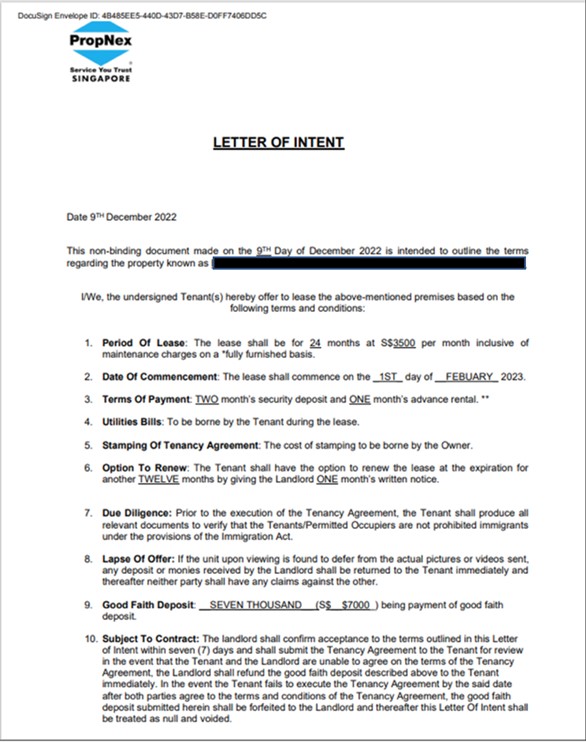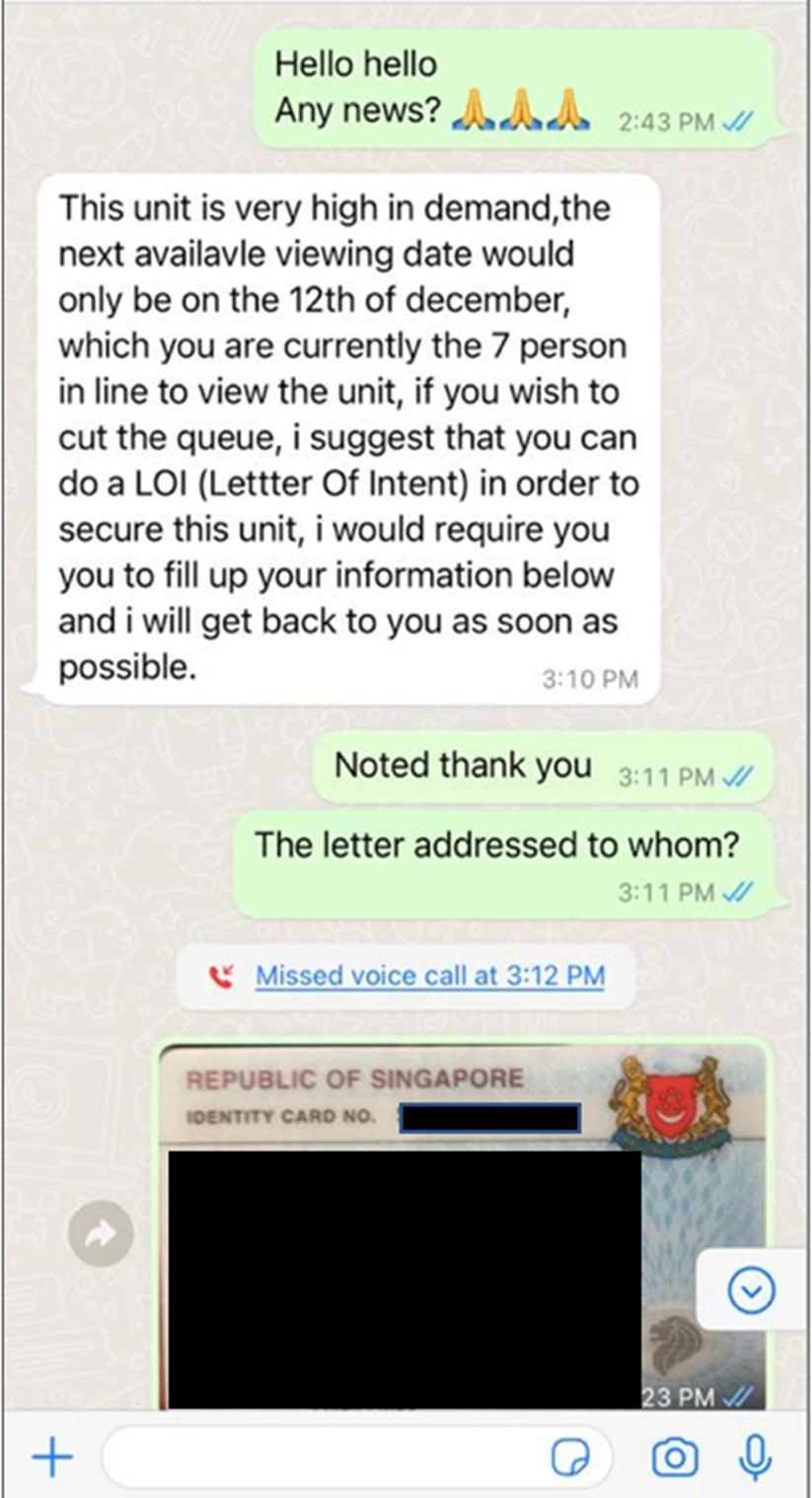Rental Scam Alert: $1.8 Million Lost to Impersonating Property Agents, Primarily on Facebook
This year has witnessed a disturbing surge in various scams, ranging from the notorious WhatsApp Web scam that incurred a loss of S$600,000 to the recent trend where scammers pose as property agents.
You can watch this video to know more about the WhatsApp Web scam in Singapore:
On 11 December, Singapore Police Force has reported that between July and November 2023, at least 287 victims have fallen prey to this scam, resulting in a collective loss of a whopping S$1.8million.
The Scamming Mechanism
The scam began with victims responding to sponsored property rental listings on various online platforms such as Carousell, rental advertisement sites and most notably, Facebook.
Once the victims showed interest, they would contact the scammers on WhatsApp using contact numbers provided in the rental listing.
The scammers would then impersonate property agents, presenting victims with pictures of their Council for Estate Agencies (CEA) registration number, business cards and pictures, videos, or virtual tours of the property, all aimed at proving their legitimacy.
However, what victims often fail to realise is that these CEA number differ from the authentic ones registered with CEA.
Once the victims expressed their interest in viewing the property, the scammers employ high-pressure tactics, asserting that the unit is in high demand and urging victims to make immediate deposits to secure it.


Alas, the victim would only realise that they had been scammed after the scammers ceased contact with them or after reaching out to the actual property agents who had been impersonated.
In simpler terms, if you’re ever told to pay before viewing a unit, run.
But the scam doesn’t conclude there. In some instances, victims were instructed to meet the “personal assistants” of the scammers, who allegedly facilitate property viewings.
Following the viewing, the victims were required to provide their personal particulars for tenancy agreements and make rental payments through bank transfers or PayNow. Similarly, after receiving payment, the scammers would cease contact with them. This variant of the scam resulted in a loss of at least S$473,000.
Police Advisory on Precautionary Measures
In light of this disconcerting trend, the police have issued essential precautions for the public to safeguard against falling victim to such scams:
- Verify Phone Numbers: Avoid solely relying on Facebook or Carousell listings or from assurances from the scammer on WhatsApp. Check if the phone number listed in property listings is registered with CEA. You can do so by keying in the phone number on CEA’s site. If the search does not bring you to a CEA-registered property agent’s profile page, run. Even if you find the property agent’s name and registration number on CEA, if the phone number is not registered, it is likely a scam.
- Contact the Agency: Before proceeding, contact the property agent’s agency through trusted sources to verify the legitimacy of the property listing. Please don’t be lazy and contact the number in the listing on Facebook or Carousell for reassurance.
- Payment Protocol: Be aware that property agents are not permitted to demand payments for viewing of property. Any rental deposits should be paid directly to the bank account of the Real Estate agency.
For more comprehensive information on various scams, visit www.scamalert.sg.
Would you be jailed for being half-naked in public? Well, the answer will shock you. Seriously. Watch this to the end and you'll understand:




